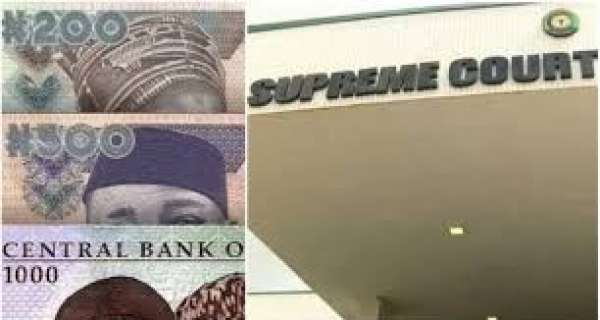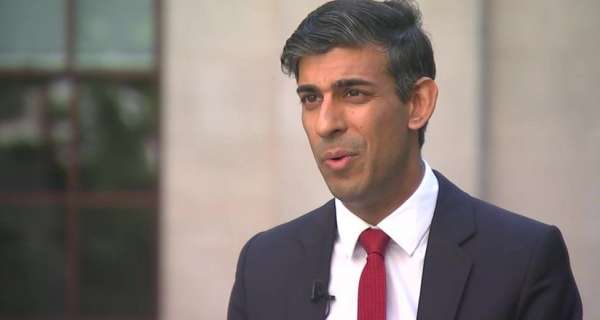It was jubilation galore across the country yesterday following the ruling of the Supreme Court that the old N1,000, N500 and N200 bank notes should remain in circulation till the end of the year.
The CBN had in October 2022 announced the redesign of N200, N500, and N1,000 notes, and asked Nigerians to deposit their old notes before January 31, 2023 when they would cease to be legal tender. The deadline was shifted to February 10 following difficulties obtaining the new notes.
Thereafter, governors of Kaduna, Zamfara and Kogi states dragged the federal government and the CBN to the Supreme Court over the time limit, and the court gave an interim order suspending the February 10 deadline. The three states were later joined by 13 other states bringing the total number of plaintiffs to 16, just as two other states took the side of the federal government.
Yesterday, a seven-man panel of the apex court presided by Justice John Okoro, ruled that the old Naira notes should circulate alongside the new notes until December 31.
The Supreme Court declared the Naira redesign policy invalid on the grounds that it was not done with due consultation and in line with constitutional provisions.
The apex court held that “no reasonable notice was given as required by Section 20(3) of the CBN Act,” adding that the public only became aware of the policy through press remarks, which cannot qualify as a notice to the public.
Justice Emmanuel Agim, who delivered the judgment held that President Muhammadu Buhari cannot unilaterally take such a decision of currency redesign without consulting stakeholders which the plaintiffs are a part and to that extent his actions are invalid.
Agim, added that the CBN Governor’s meeting with the governors to explain the policy was not only an afterthought but also an admission that the federal government ought to have consulted the plaintiffs including other stakeholders before commencing the implementation of the policy.
Furthermore, Agim stated that the president in his February 16, broadcast admitted the hardship Nigerians are going through as a result of the policy.
While stating that such a policy of Naira redesign is usually realised through partnership and not by handing down to the people, Justice Agim pointed out that the three-month timeline was not only too short, and maintained that the deadline was not in tune with the CBN’s Act and as such, unconstitutional.
Besides, the apex court argued that president Buhari usurped the powers of the CBN when he issued the directive banning the old N1,000, N500 and N200 notes from February 10, 2023.
The panel in their unanimous decision berated the president for disobeying the orders of the court halting the banning of the old Naira notes.
“The disobedience of the orders of the Court is a sign of the failure of rule of law”, the apex court held and subsequently granted all the reliefs sought by the plaintiffs.
Amongst the reliefs granted are a declaration that the demonetisation policy is inconsistent with the CBN Act.
The apex court also declared that in issuing the policy, the president is under an obligation to carry the national council of states along.
The court in addition declared that the policy has impeded the functions of state governments, adding that the directive of the president is illegal, unconstitutional, null and void.
Agim accordingly ordered that the old version of the Naira notes shall continue to be legal tender with the new Naira notes until 23rd December 2023.
Earlier, the apex court had dismissed the federal government’s objection to the hearing of the suit on the claim that the court lacked jurisdiction to do so.
According to the apex court, there was sufficient evidence to show that the dispute is between the federal government and the state and not the CBN as argued by the defendants.
Besides, the apex court held that the issue of joining the apex bank as a necessary party does not arise since it is an agent of the federal government.
“The CBN needs not be joined when its disclosed principal has been sued. It has been held in many cases that an agent of a disclosed principal is not a necessary party. This suit is not between banks. It is therefore not within the exclusive jurisdiction of the Federal High Court. It is a dispute between some states and the federation over the way and manner the federal government made a policy without the involvement of the national council of states,” Agim held.
Before delivering its verdict yesterday, the apex court had issued an interim order against the federal government on February 8, asking it to put on hold the implementation of the policy pending the hearing and determination of the case of the state governments.




































0 Comments